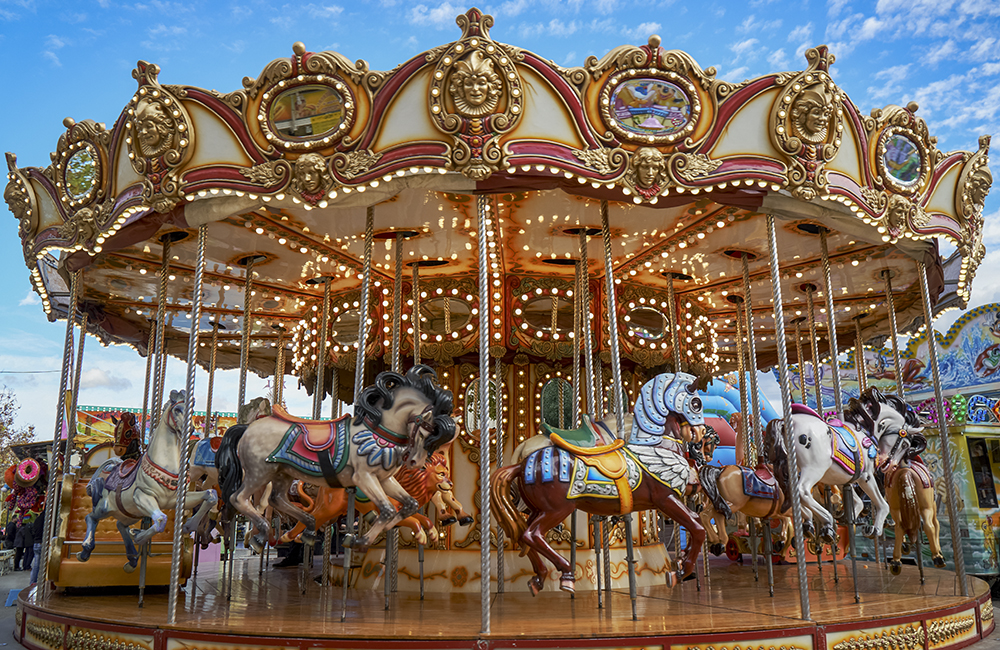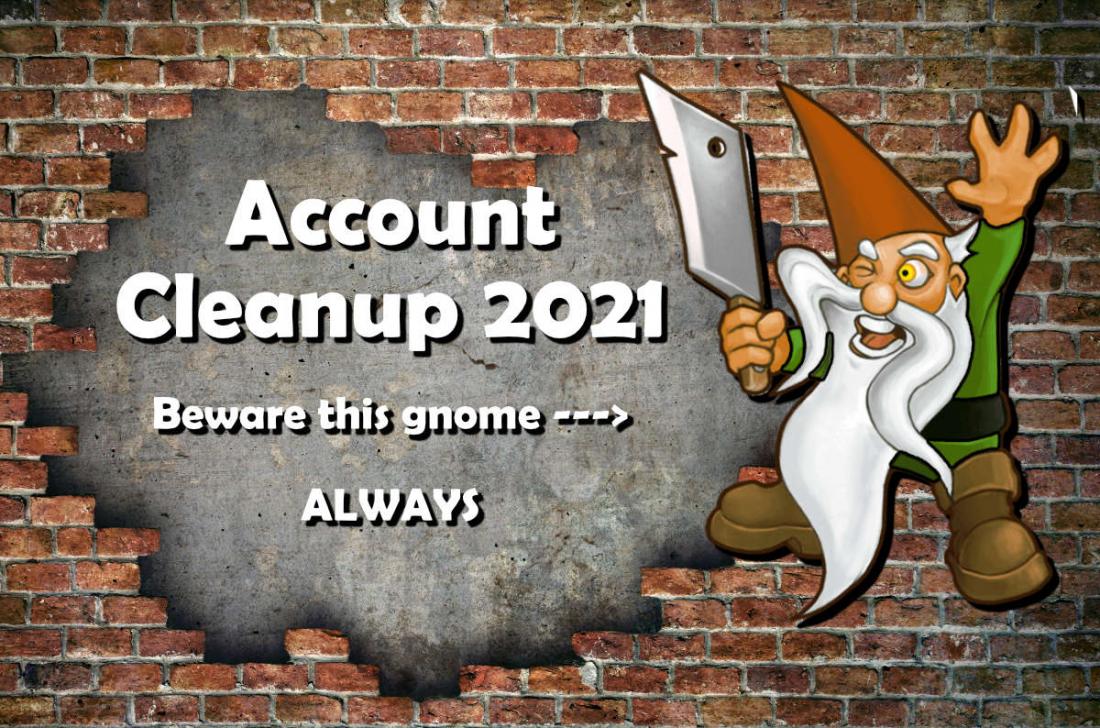We are all familiar with the trope of a regular gaming group. You know, the one who meets on regular days in the regular gaming location. And while the particularities of the imagined group differ, the factors of time and space stay constant, but so too does the cast. Although we all know how wonderful a regular gaming group can be, I am here to suggest that there’s several benefits of regularly shifting up the cast around your gaming table as well. I will discuss the pros of this, and of course mention some of the cons while suggesting how they can be remedied or at least reduced. I might even suggest that shifting up your regular gaming group will just mean you’ll have a regular gaming circle, but that’s getting ahead of myself. I’ll discuss the benefits of not having a regular group first.
Scheduling
People’s lives change, along with their calendars, interests and priorities, and unfortunately also health and postal codes. Having a steady group is all well and good, but sometimes scheduling games will take a lot of effort. For a lot of us that’s where the real issue of burnout comes from, with a tedious and complicated scheduling matrix, and the accompanying cancellations. I find that it’s much easier to fit people to dates I’m available instead of finding people first and then looking at the calendars. I’d rather play shorter campaigns for six months or so, than risk having campaigns end in scheduling limbo, due to peoples changing lives and priorities. It’s much easier to find a date that works for all if the group is brought together on the same premise and not just out of habit. If everyone assembled for your Weird Western-game is really wanting to play weird western and have all cleared the same date in the week, you are more certain that they will attend game nights than if they’re just your friends, have other hobbies and are really just wanting you all to go back to playing a Fantasy or a Cyberpunk game again. Sure, people will still have emergencies, or just family or work commitments, but if you have a robust group bound together on a mission, you might at least get to finish the campaign together, at the very least experience a somewhat satisfactory ending, even if things keep happening. Oh, and as a bonus, you also have at least one friend who is eagerly awaiting the start of the next Fantasy or Cyberpunk campaign!
Different Experiences
While monogamy has its virtues, I find that gaming with a richer and more varied crowd brings a lot of benefits to myself, the other individuals and the group as a whole, while also benefiting a larger circle of people. We avoid the rut that a steady group will sometimes attain, and variations in cast give different players the chance to try out different roles/functions/classes that some players tend to monopolize. Like the players who will “always” play “The Face” character, but the GM knows that one of the shyer players has talked about playing one for a long time. This might also include the one who will always play the lone magical talent or the baddest of the baddest combatant as well. Also, I believe new blood opens up for new perspectives, ideas and challenges, and that the table dynamics won’t get stale. New players also mean new approaches, new words and maybe something different that people can add to their repertoire. This goes double if your gaming table carousel includes different GMs as well as players, and I’ll add that your great tricks will reach more roleplayers as well.
Polygamery
Not all players will play all types of games and genres, and my experience is that some groups tend to be quite selective in what they enjoy to play. Not only can you finally play that heart-(and other body parts-)wrenching game of Monsterhearts, but you can do it without the sighs of those who would rather rob the Megacorps of Night City or kill the inhabitants of the Caverns of Chaos and take their stuff. Changing up your groups opens up for bringing your Sun Tzus and butt-kickers to one game and your Elisabeth Bennets to another; for optimization of enjoyment. A wrong player might weaken the right game, but the synergies of players who truly “sing” together is a beautiful experience. Playing lots of different games means that you might even get your non-roleplaying friends to attend, because they’re so into the Russian Women’s Piloting World War II efforts or Dinosaur Princesses, bringing more people into our lovely hobby and maybe having even more intimate friendships?
Network
If you treat your table or living room as a carousel, I believe it will in time give you access to more players, multiple GMs for those burnout periods, and, as mentioned, a roster for different play experiences. A larger pool also means that your games will be less vulnerable to people relocating or otherwise becoming unavailable for play, and if you game online you might meet those friends at conventions and maybe even get to do some couch surfing? I recently had a friend lend me a proper bed and feline company for a faraway convention. Since we had experience gaming online together, I was also certain their games would give me some good gaming experiences. While I believe the benefits to yourself are clear, I also believe you’ll be doing other people a favor, introducing them both to other people and other games, and perhaps even other playstyles than they’re used to. Maybe you can help spawn new groups as well as new friendships?
Note: Friendships will endure even if a game is paused! Playing with someone else doesn’t mean you can’t do other stuff or even play one-shots with friends, and I also believe that you don’t need to game with all your gaming friends, especially if your playstyles and game interests don’t really match up that well.
Cons
Changing up the group all the time means regularly (re)establishing group lingo, forming-storming-and-norming-before-performing (optimally) and the flip-side of the new perspectives and shaking up the dynamics-coin. Safety? Not everyone will be comfortable meeting new people at their places or even bringing them home, and just needing to go to another neighbourhood or taking another bus route might be an issue, even if the group is safe itself. There’s also the dreaded FOMO (Fear Of Missing Out), which I myself consider an old friend. I can honestly say that not only will it get better, but you’ll learn to be happy when your friends get to play, even when it’s without you. I understand that it can be difficult, especially if you’re not actively gaming yourself at the time. Sometimes it’s really easy to think that you’re being excluded, even though your friends have a full gaming table of people who are much more interested in the particular genre/game than you, but you’ll recognize that the sting of perception isn’t real. If you regularly change up the makeup of your own gaming table, it’s easier to understand that this is the case when you yourself aren’t asked first to that genre you don’t really like. In time you’ll learn to be happy when your friends get to play, even if you yourself are devoid of game time; because you know that soon your big roster of gaming buddies will invite you. Sometimes you and your best friend play parallel games that aren’t for each other, but that doesn’t mean you can’t meet up and talk about the different games and revel in your friend’s happiness of being in a game you wouldn’t have liked anyway.
Conclusion
I truly believe that treating your gaming table as a carousel that regulates its cast to the different experiences, both in number of players and temperament suited to different gaming experiences, will benefit both you and the other players. Maybe someone will even take up the GM mantle, since they can’t rely on you always bringing them along for the ride? Yes, it’s easier to enforce this idea if you’re always the GM, but it’s not like you couldn’t invite different GMs to GM different games either. I guess a lot of GMs would be happy to not have to deal with scheduling, and to be assured of enthusiastic and consenting players for that particular game. I also believe that if it is known that you regularly change up the cast around your table people will make more of an effort when they’re there, and others might even want to pursue a chair around your table, by inviting you to their game first.
Even though I advocate changing the cast around everyone’s gaming tables, I’ll gladly admit that my three current groups are all talking about doing another campaign after our current one ends. So am I hypocritical? Well, probably, but in this case I find it a natural development of having played with a lot of different people. You get the aforementioned roster, and you will naturally gravitate to players who like games you like and want to play more with them, and vice versa. Not only that, but you’ll also get to learn player skills, table habits and GM techniques from a lot of people, enabling yourself to become a really popular and crafty GM or player. Every now and then someone’s other life elements will leave them out of a campaign or two, or their interest just isn’t there for a project, and that’s when you’ll be happy for your big roster.

















